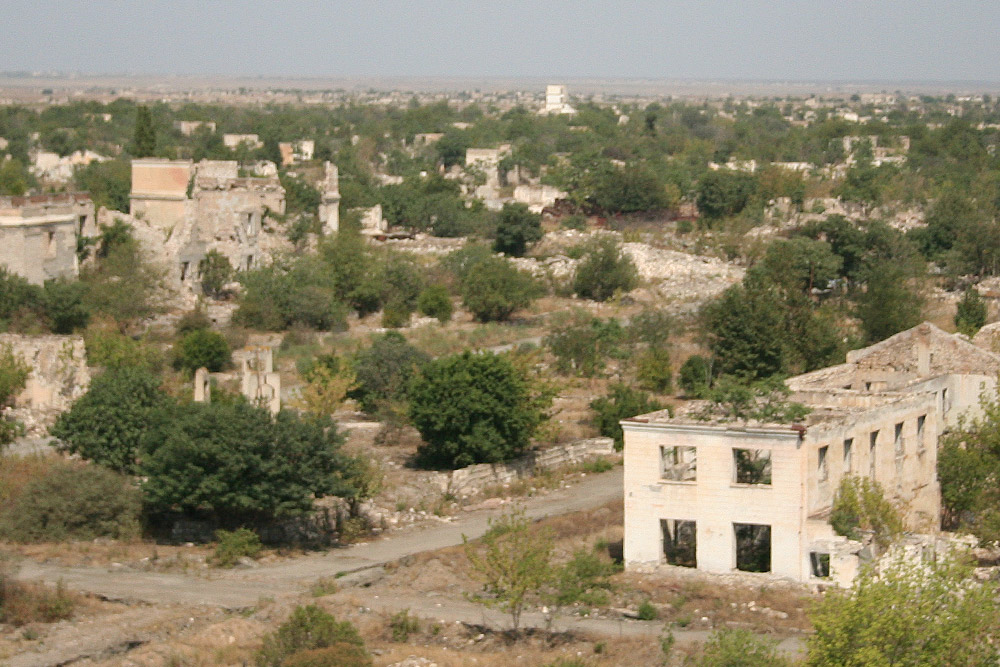Inernational community concerned about escalation in Nagorno-Karabakh

By Rashid Shirinov
The recent escalation between Armenian and Azerbaijani troops in the Nagorno-Karabakh conflict zone has caused concern of major international organizations.
At midnight on February 25, units of the Armenian armed forces attempted to penetrate into the positions of the Azerbaijani Armed Forces. The Armenian armed group aimed to conduct large-scale provocation on the frontline and to seize advantageous positions in Khojavand-Fizuli direction of the frontline. After heavy battles between the Azerbaijani and Armenian troops, the Azerbaijani Armed Forces bravely prevented the Armenian attacks. Unfortunately, Azerbaijan had casualties during the battles.
“UN Secretary-General Antonio Guterres is concerned over the recent escalation in Nagorno-Karabakh conflict zone,” said Stephen Dyuzharrik, the official representative of the UN Secretary.
"We are concerned over the reports of clashes along the line of contact in Nagorno-Karabakh", he told journalists on February 27, adding that the UN Secretary-General fully supports the OSCE Minsk Group’s efforts for prevent further escalation of the situation.
NATO Secretary General Jens Stoltenberg, in turn, urged Armenia and Azerbaijan to avoid escalation.
“It is important to avoid escalation, because there is no military solution to this conflict and its persistence is holding back the region,” he said after a meeting with Armenian President Serzh Sargsyan in NATO Headquarters on February 27.
Stoltenberg added that the NATO fully supports the OSCE Minsk Group’s efforts for the settlement of the Nagorno-Karabakh conflict.
President of the European Council Donald Tusk also stressed that the Armenia-Azerbaijan Nagorno-Karabakh conflict has no military solution, and it can be resolved exclusively by peaceful means.
Tusk, talking to reporters on February 27, also noted that the European Union fully supports the OSCE Minsk Group’s efforts to find the solution to the Nagorno-Karabakh conflict.
The conflict between the two South Caucasus countries began in 1988 when Armenia made territorial claims against Azerbaijan. As a result of the ensuing war, in 1992 Armenian armed forces occupied 20 percent of Azerbaijan, including the Nagorno-Karabakh region and seven surrounding districts. More than 20,000 Azerbaijanis were killed and over 1 million were displaced as a result of the large-scale hostilities. The 1994 ceasefire agreement was followed by peace negotiations.
Armenia still controls fifth part of Azerbaijan's territory and rejects implementing four UN Security Council resolutions on withdrawal of its armed forces from the Nagorno-Karabakh and surrounding districts.
--
Rashid Shirinov is AzerNews’ staff journalist, follow him on Twitter: @RashidShirinov
Follow us on Twitter @AzerNewsAz
